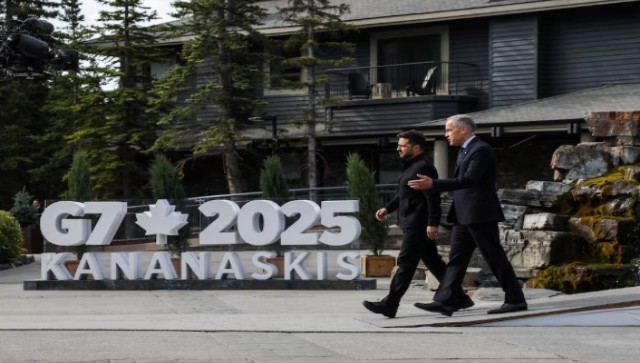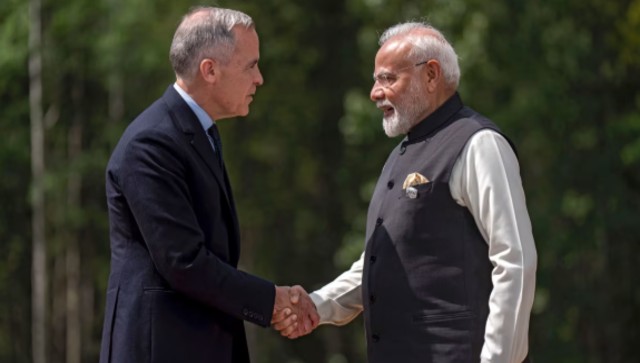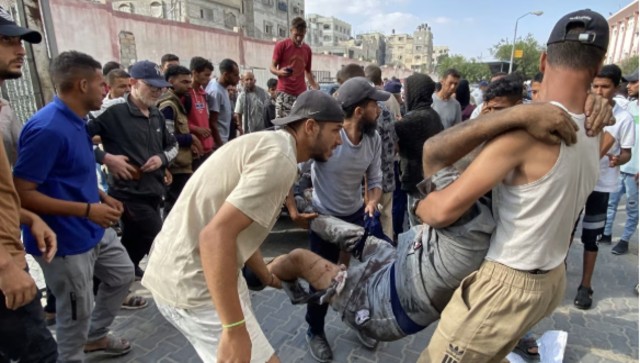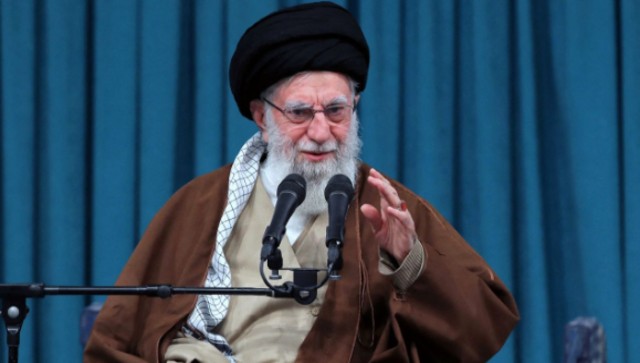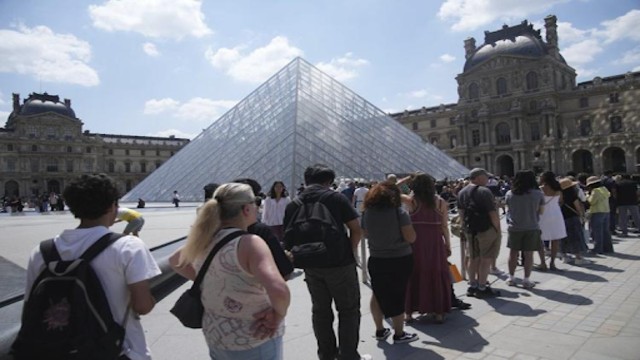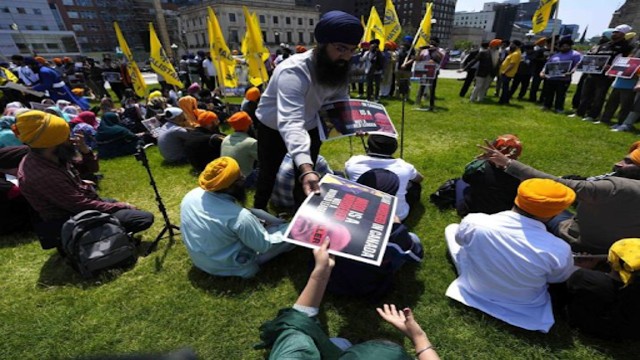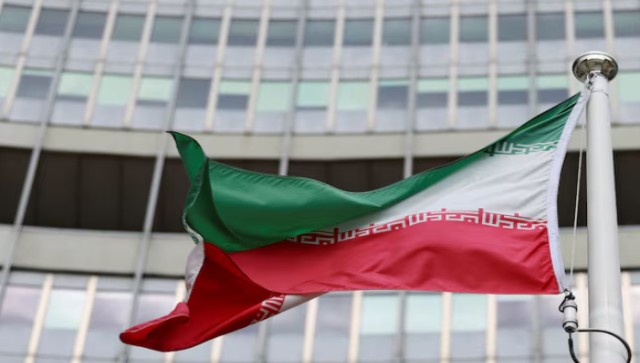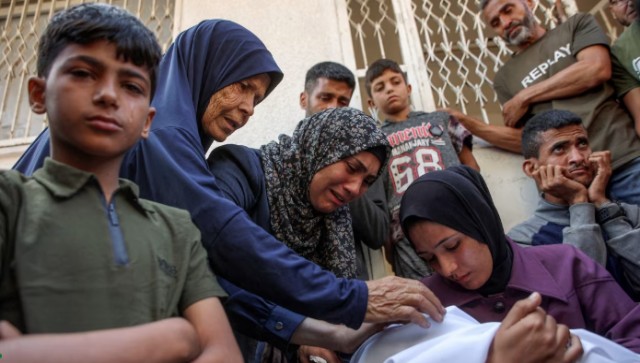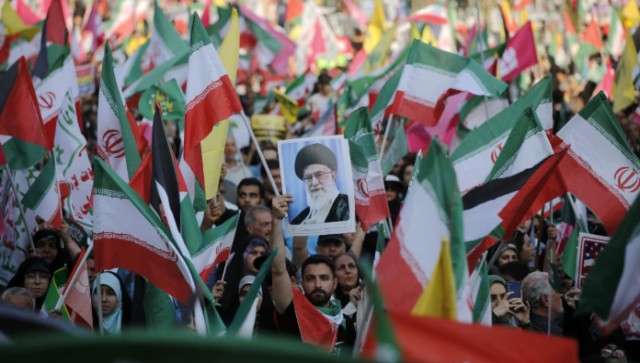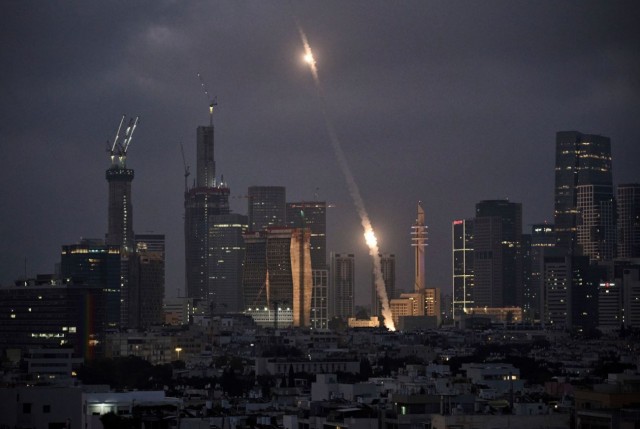
Israel's Iron Dome air defense system fires to intercept projectiles over Tel Aviv on Saturday.
As the sun rose on Saturday, a fresh wave of missiles shook cities across Israel and Iran. This comes just a day after Israel’s bold, targeted strikes on Iranian nuclear facilities and military leadership centers. The situation has now intensified into a deadly exchange, with both nations suffering casualties and destruction. The crisis threatens to spill across the Middle East.
Iran Launches Overnight Missile Barrage
Iran's Islamic Revolutionary Guard Corps unleashed several waves of missile attacks overnight into Saturday. These strikes, according to Iranian sources, aimed at Israeli military centers and air bases. The explosions began just hours after Israel’s initial two-pronged assault on Iranian soil.
In response, Israel activated its air defense systems. Several incoming missiles were intercepted. However, multiple projectiles made impact, causing widespread damage and civilian casualties. Sirens echoed across cities like Tel Aviv, Jerusalem, and Ramat Gan.
Explosions Rock Tel Aviv and Jerusalem
Residents of central and southern Israel awoke to deafening blasts. Tel Aviv and Jerusalem reported heavy damage. In Rishon Lezion, just south of Tel Aviv, a missile struck near residential homes. One person died and over 20 were injured. Many were trapped under debris. Emergency services rushed to rescue survivors and clear rubble.
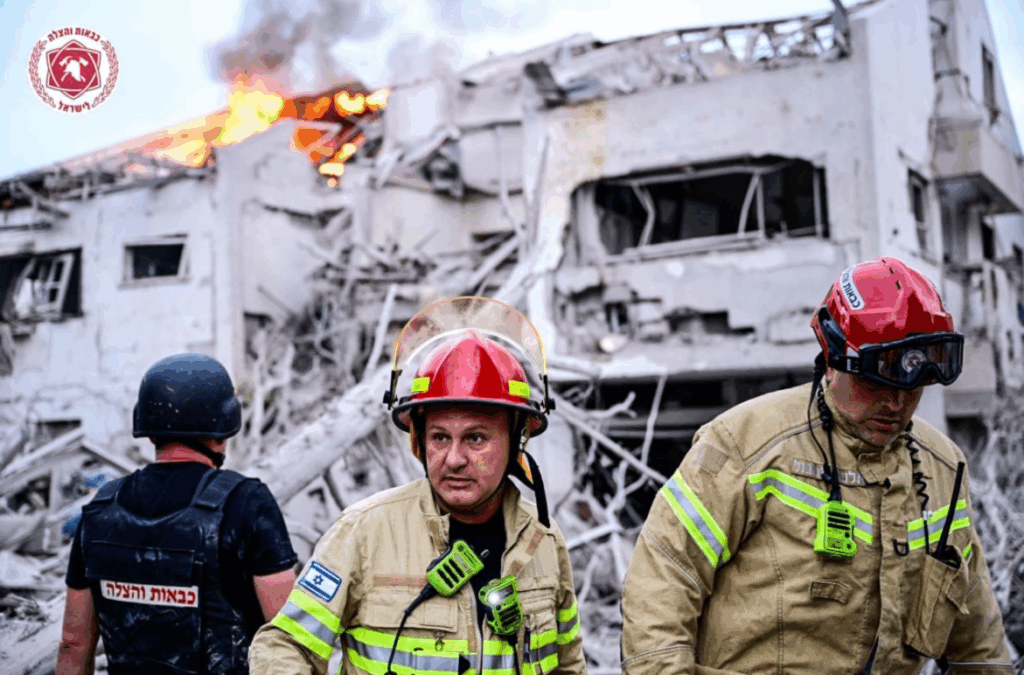
Rami Musher, deputy director of emergency services in the Ayalon region, described the situation as “difficult and complex.” Search efforts are ongoing.
Iran Pays a Heavy Price in Initial Israeli Strike
Iran confirmed that Israel’s Friday assault was devastating. At least 78 people were killed, including senior military officials. Over 320 people were injured, most of them civilians. The Israeli Defense Forces (IDF) reported targeting Hamadan and Tabriz air bases—key locations used by Iran for missile and drone operations.
Tehran’s skyline lit up Friday night as Israeli missiles struck strategic zones. Iranian air defenses scrambled to respond.
Missile Strikes Hit Israeli Roads and Homes
In southern Israel, a CNN crew witnessed a smoldering rocket on a highway. Correspondent Nic Robertson described it as part of the ongoing assault, unsure whether it was an intercepted Israeli missile or an Iranian one. He emphasized the intensity and frequency of the explosions.
In Ramat Gan, another fatality occurred when falling shrapnel hit a woman. Israeli authorities say more than 40 people have been injured in this latest round of attacks.
Warnings from Both Sides: This Isn’t Over
The Israeli Defense Minister, Israel Katz, warned Iran had “crossed red lines” by targeting civilians. He vowed that Iran would pay a “very heavy price.”
Prime Minister Netanyahu echoed this, declaring that “more is on the way.”
Iran, meanwhile, threatened to escalate further. It said it would now target any regional bases that assist Israel, including those of its allies.
The Nuclear Question Still Looms
Amid this military chaos, nuclear diplomacy hangs in the balance. A sixth round of U.S.-Iran nuclear talks was scheduled for Sunday. However, President Donald Trump said he wasn’t sure if the talks would go forward. He hinted that Iran “may have another opportunity” to strike a deal but warned that chances were narrowing.
Israel has long accused Iran of secretly building nuclear weapons. Friday’s attacks were described by Israeli officials as an urgent measure to stop Iran’s alleged nuclear progress.
Regional Tensions at a Boiling Point
This conflict now threatens to pull other Middle Eastern countries into the fight. With missiles flying, civilians dying, and air defenses overwhelmed, both nations appear locked in a cycle of retaliation. The world watches as Tel Aviv and Tehran burn in a dangerous standoff—one that could escalate into a much larger war if diplomacy fails.


